Guest Writer Emily Pisco breaks down the dangers of plastic pollution, and how companies like Whole Foods contribute to this environmental destruction.
What if we did everything right? What if we didn’t create the world we created today? Our Earth is changing in unnatural ways: the climate is getting warmer, ocean sea levels are rising, more frequent and intense droughts will occur, and more. One problem every single living thing around the world is facing is plastic pollution — one of the largest environmental threats facing animals and humans. Plastic is taking over the ocean and washing ashore beaches with a garbage truck’s worth of trash entering our oceans every minute, where it injures and kills birds and marine animals like sea turtles. According to the Environment America Research & Policy Center, 86 percent of sea turtle species, 44 percent of all seabird species, and 43 percent of marine mammal species are known to have ingested plastic. When animals ingest plastic waste, it can block their digestive tracts, causing them to starve. Microplastics can also harm them through the toxic chemicals the plastics secrete into their stomach. National Geographic has stated that single-use plastic packaging, in particular, is a significant source of plastic pollution, with plastic food wrappers topping the list of commonly picked-up trash items in a worldwide beach cleanup. Many supermarkets are guilty of failing to enforce policies that will reduce single-use plastics. Greenpeace assessed and ranked 20 major supermarkets in the United States based on their attempt to reduce plastics. Whole Foods Market, one of the most well-known supermarket chains in the U.S., ranked #10 on their list and failed to have a comprehensive public policy or commitment to reduce its plastic footprint. For a company to have a reputation for selling food that is organic and healthy, it is also expected to be better about reducing plastic waste.
As of 2018, approximately 31.9 million metric tons of plastic enter our oceans every year and will persist for hundreds to thousands of years. About half of that plastic being produced is used for single-use products and packaging. Currently, plastic production is expected to triple by 2050, and the consequences will be inadmissible: wildlife endangerment, public health risks, and climate concerns. But who is to say that plastic isn’t all that bad? According to Plastic Packaging Facts, single-use plastics have always played a critical role in the medical sector, considering that they are the “cleanest, most efficient way” to facilitate health and hygiene in hospitals. This is especially true during this past year. Due to the COVID-19 pandemic, single-use plastics have played an essential role within the medical sector in COVID testing and vaccines, as stated by Medical Plastics News. This pandemic has shown that single-use plastics play such an important role in the medical industry. Moreover, finding an alternative can be difficult, as it could increase energy use and increase greenhouse gas emissions. One way I believe we can halt plastic pollution from progressively becoming worse is to stop the production of unnecessary single-use plastics in places such as big chain grocery stores and outlets. The solution may be simple, but it will take a lot of persuasion and help from everyone.
Whole Foods has led on plastics in the past when it became the first U.S. grocer to eliminate plastic bags at checkout. But it has started to lag behind competitors and failed to have a comprehensive strategy on reducing its plastic footprint in a report by As You Sow. The report outlines three key areas where Whole Foods has failed in tackling plastic waste: reusable packaging, packaging transparency, and producer responsibility. Packaging transparency implies that companies should include disclosures of goals for reductions in overall plastic use, which Whole Foods has failed to do.
In 2020, the Environment America Research & Policy Center and the U.S. Pirg Education Fund launched a campaign urging Whole Foods to commit to a solid plan that eliminates single-use plastic packaging from its stores. With the help of over 500 CALPIRG Students, over 30,000 students were educated on plastic pollution on campus and got 10,000 students to pledge to vote Yes on 67, which protects the plastic bag ban. CALPIRG Students helped pass 100 local bans and a statewide ban on plastic bags, such as the California Circular Economy and Pollution Reduction Act. This Act set goals to reduce waste from single-use packaging and products, which would ensure that the remaining packages and products are effectively reusable or recycled and composted.
Students from UC campuses all across the state are working together to ensure that we eliminate single-use plastics as soon as possible. CALPIRG is calling on Whole Foods to become, once again, a national leader in tackling plastic pollution. Many regional grocers are already committing to eliminating single-use plastic by 2025, so what’s stopping Whole Foods from doing so? I believe that Whole Foods has the heart to put wildlife over waste by committing to eliminate its single-use plastic packaging from its operations.
Image by Anastasia Taioglou from Unsplash.


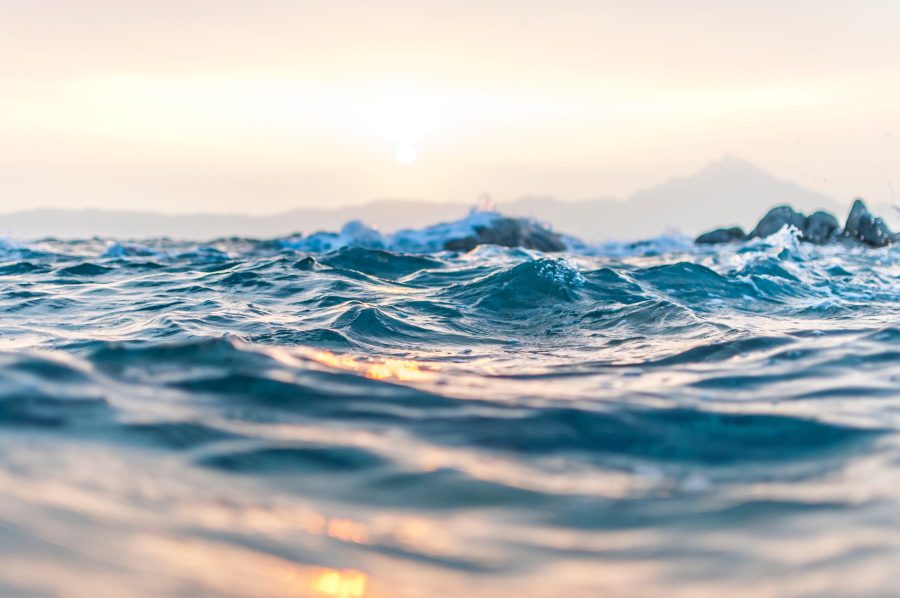

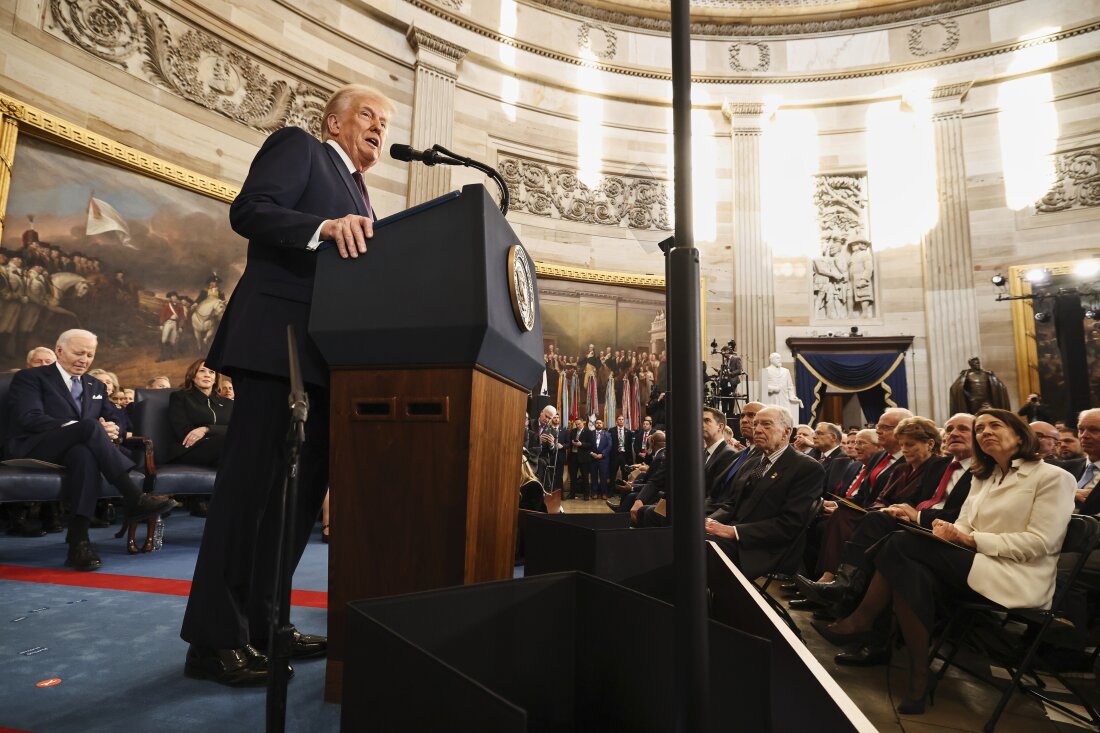
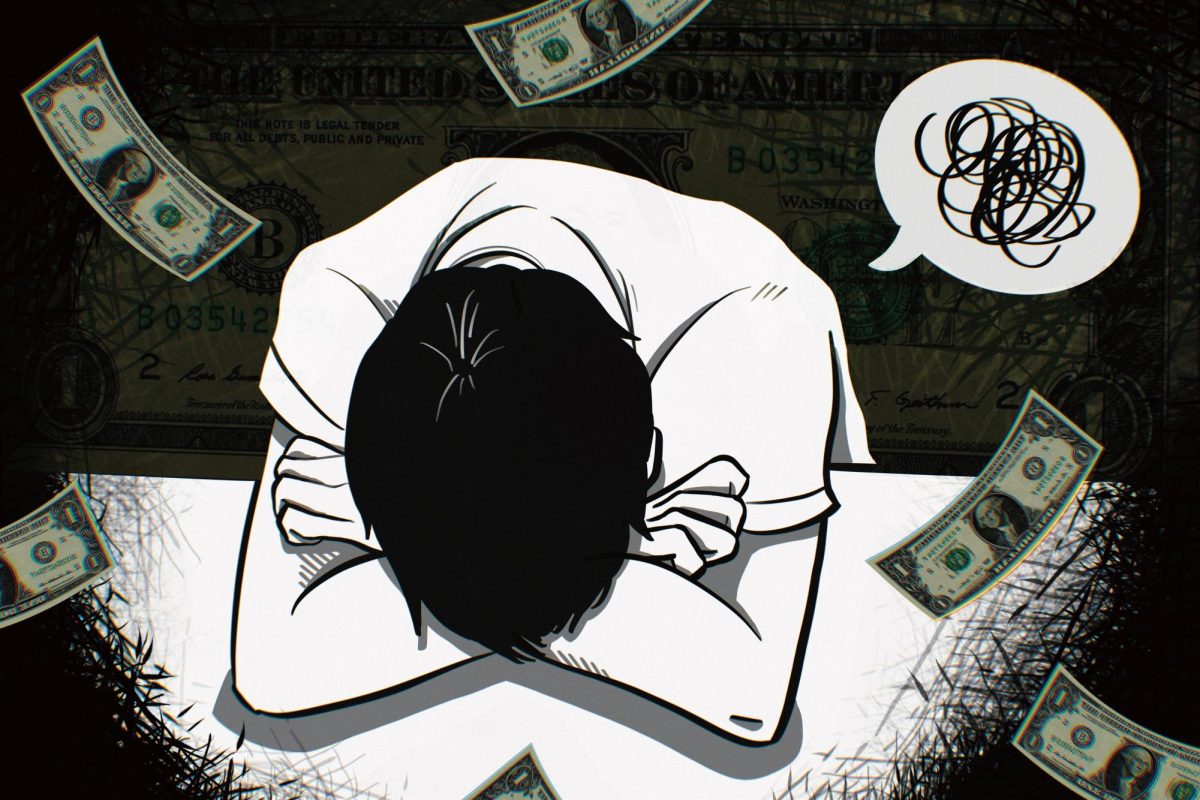
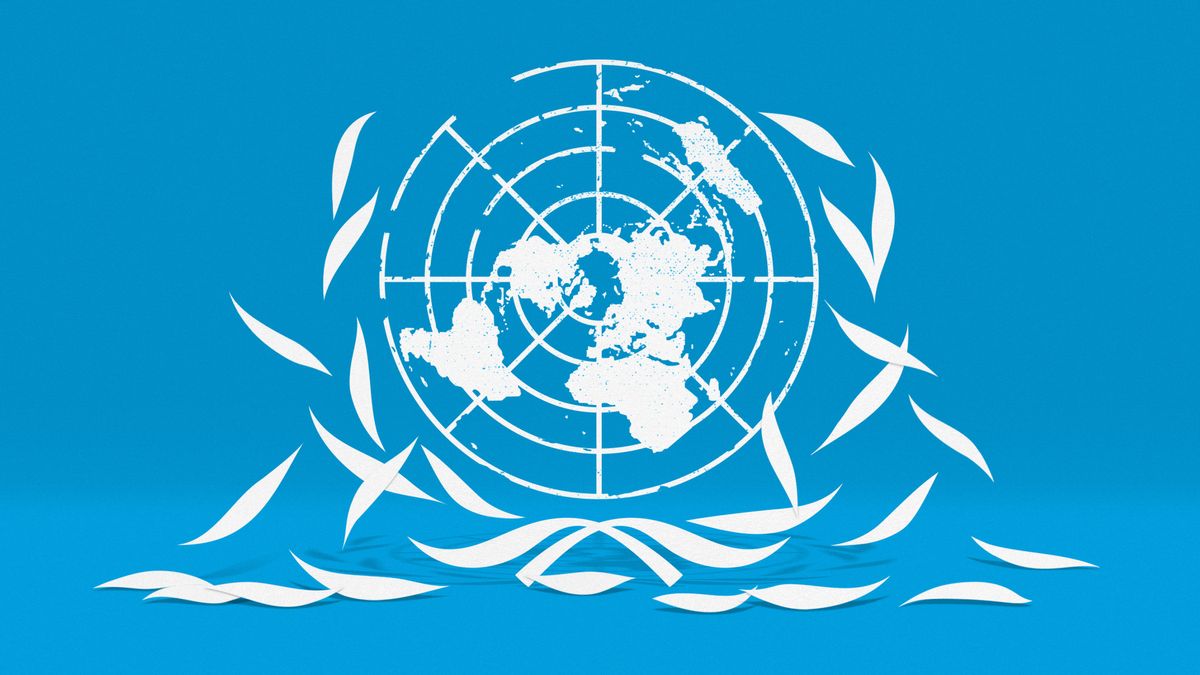

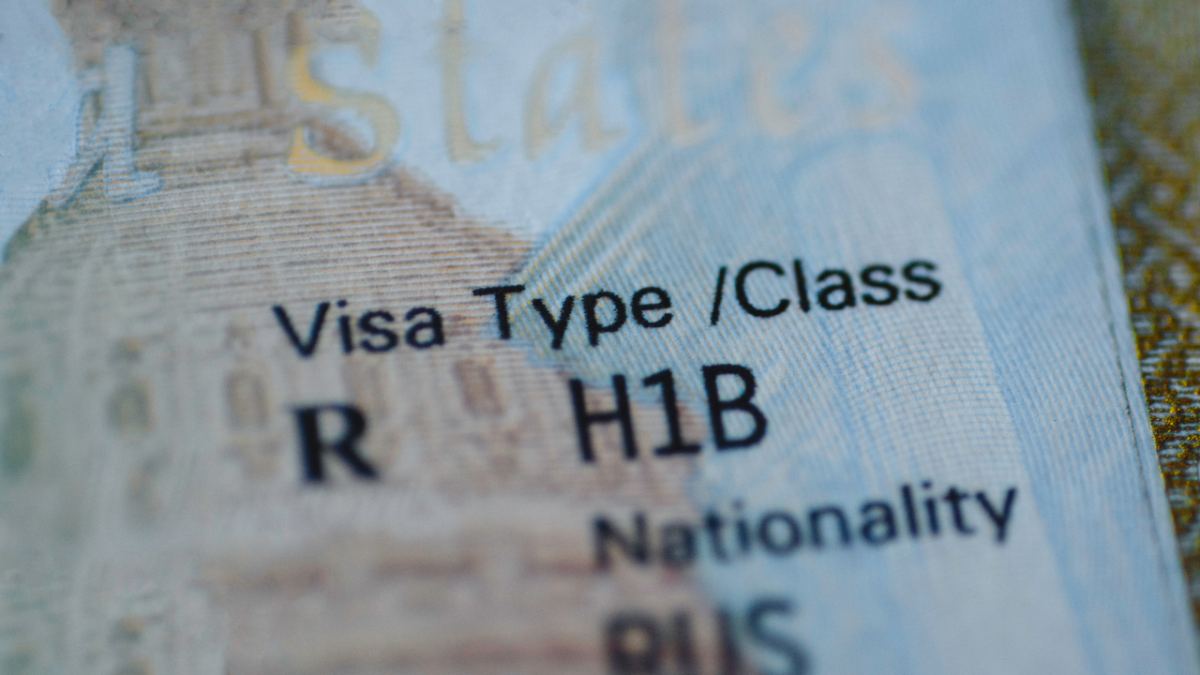






Olivia • Apr 21, 2021 at 8:29 am
It’s easy to start chasing the ultimate goal without paying attention to anything else. However, successful completion of the stages is more important than winning the game. Focus on the success of each step like with tool https://www.airslate.com/product/electronic-signature in starting and expanding your business, not just the end goal.